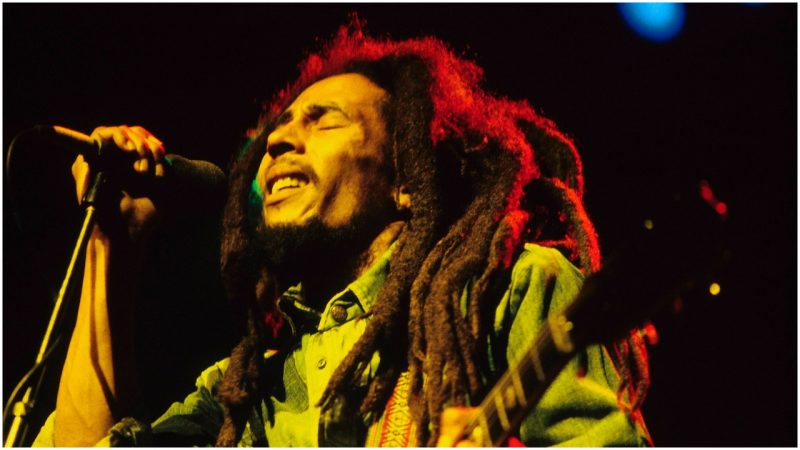Bob Marley is a worldwide legend. During the 1970s, Bob Marley and the Wailers were at the forefront of bringing reggae to an international audience.
They were known for their laid-back compositions and positive messages of peace. With Marley as their figurehead, they preached unity and love and advocated for social change.
Marley himself was in a unique position to talk about race. He was born Robert Nesta Marley in rural Jamaica in 1945 — at this time, Jamaica was still under the rule of the British Empire and was home to vast plantations which were managed by the British colonial service.
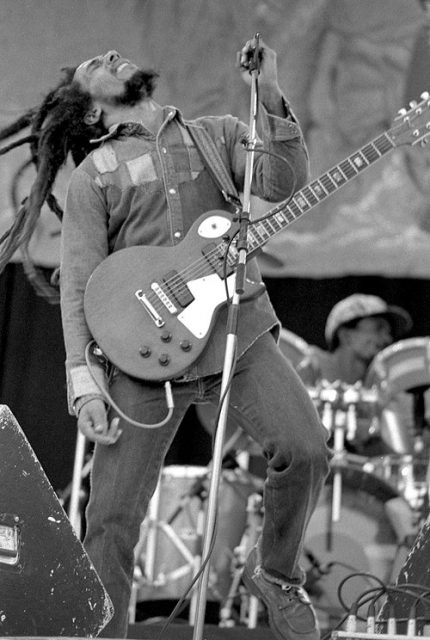
One of these servicemen was Captain Norval Sinclair Marley, an Englishman from Essex, who is described by the Daily Mail as “Tall, imperious and imposing” with a penchant for bedding the young daughters of the plantation workers. By the time Captain Marley met the 18-year-old Cedella Booker, Bob Marley’s mother, he was in his 50’s and had already fathered a number of children.
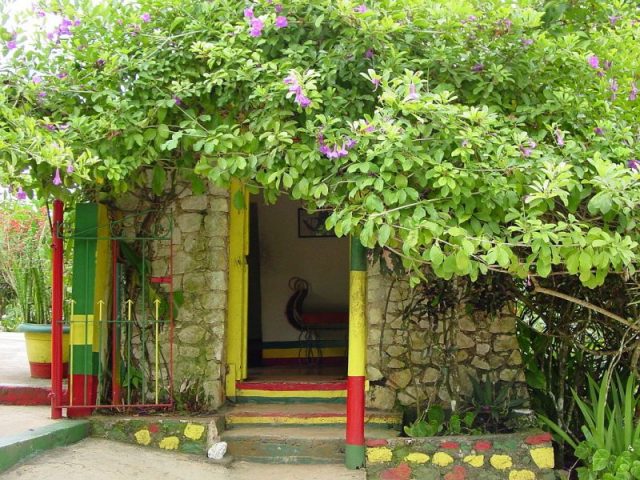
By all accounts, Captain Marley did not stick around to raise a family with Booker, leaving them in poverty in rural Jamaica. The captain did provide some financial support up until his sudden death from a heart attack when Bob Marley was 10-years-old.
His death sent the struggling family further into poverty and Booker was forced to move to Kingston in the hope of finding work to support them. Bob followed not long after and they settled in a corrugated iron shack in the notorious area of Trenchtown.
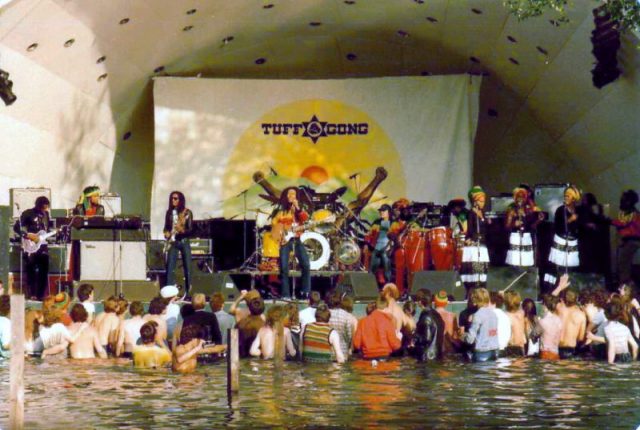
Marley’s mixed heritage was a source of alienation in 1950s and ’60s Jamaica due to the societal structures of the time, and when Bob arrived in Kingston he was met with distrust and racism from the black Jamaican community who saw him as being too white. In many instances Bob was even called “white boy” from his peers. As his wife Rita is quoted as saying “They would call Bob an outcast, ’cause you really don’t belong to either side: you’re in between, you’re black and white – so then, you’re not even black.”
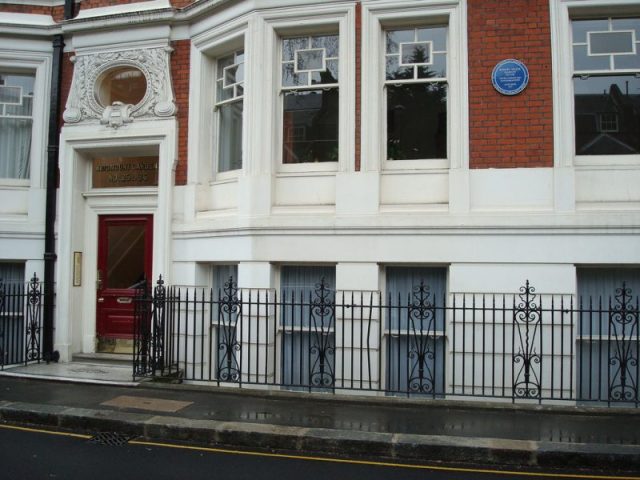
Things were no better from his father’s side of the family who outright rejected Marley for being black. Later in life, he attempted to contact them but was again rejected. He would write the song Cornerstone based on this experience.
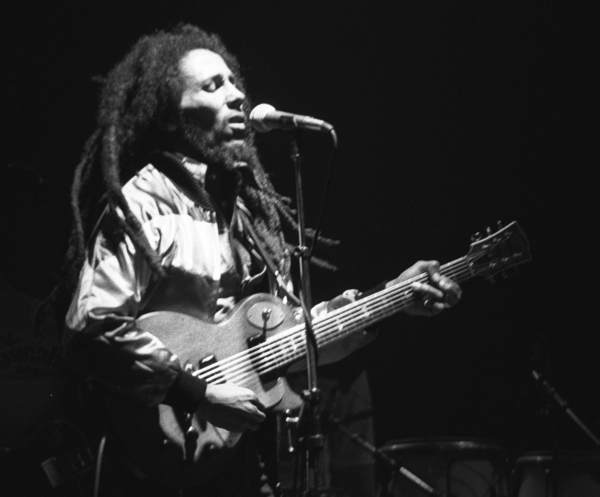
Faced with so much opposition from the outside world, Marley could have faded into the anger and violence that engulfed Trenchtown, but instead he was able to take the rejection and turn it into resolve. Music became his refuge and it was in Kingston that he learned to play the guitar and the Wailers were born.
They started life as an RnB vocal group but after Marley became a follower of the Rastafarian religion, they moved to reggae and found their signature sound.
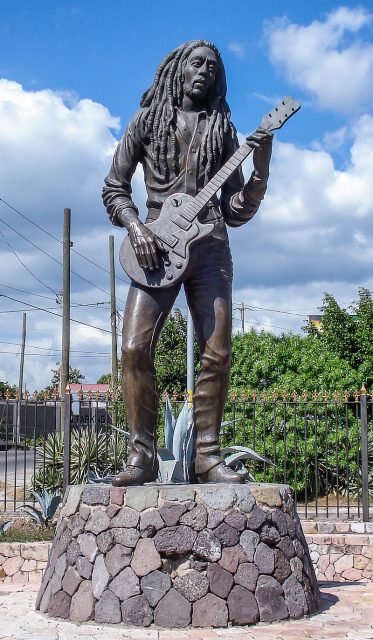
The rejection Marley faced in childhood shaped his view of race, but it also made him a conduit for change. He is famously quoted in 1975 as saying, “I don’t have prejudice against myself. I’m not on the white man’s side, or the black man’s side. I’m on God’s side – the one who create me and cause me to come from black and white.”
Read another story from us: Pablo Escobar’s Son Claimed Frank Sinatra was a Cocaine Dealer
Bob Marley lost his battle with cancer on May 11, 1981 at the age of 36. Through his music and legacy, his calls for peace continue to inspire generations of fans.
